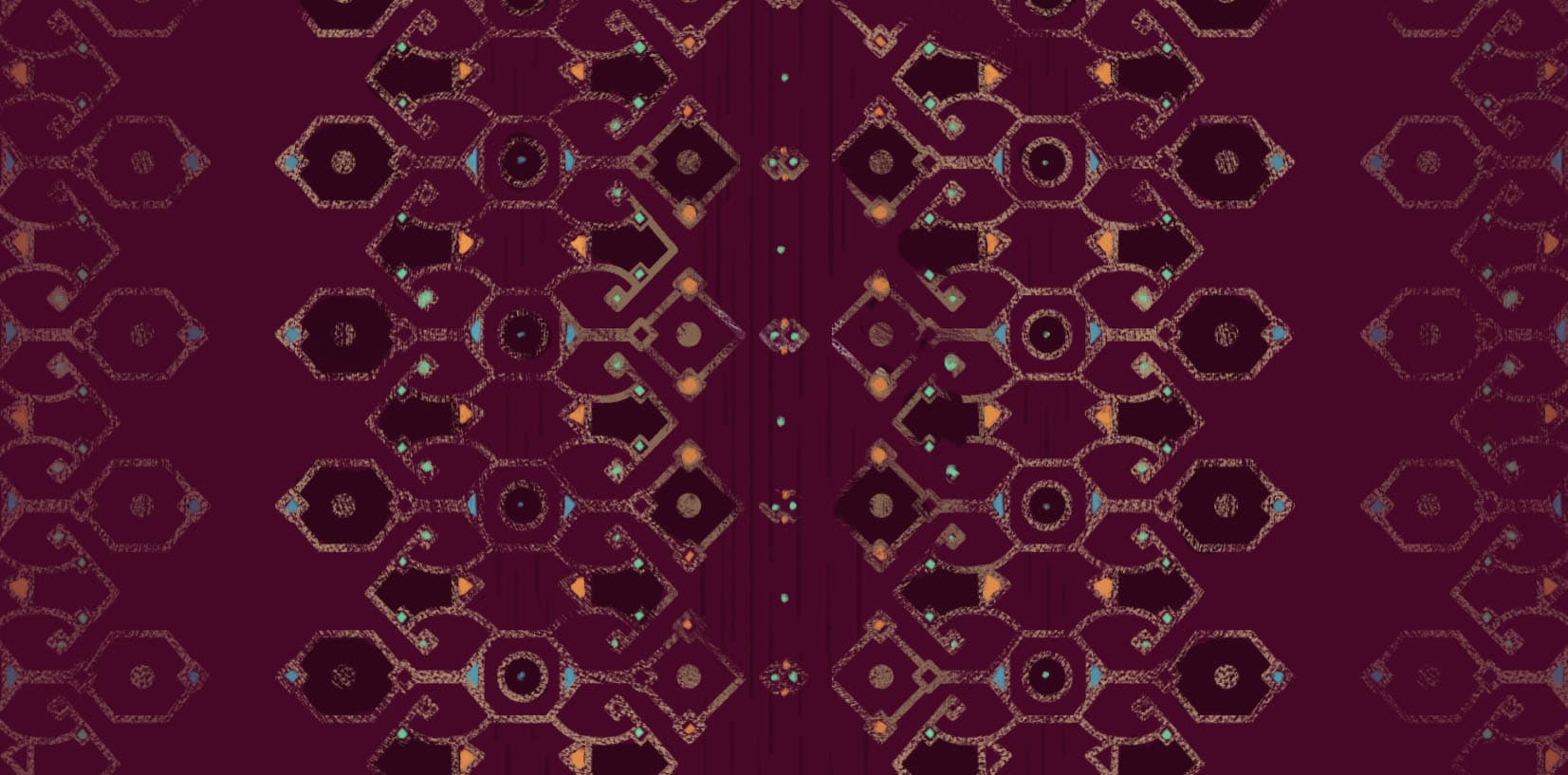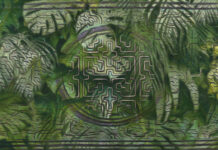We, representatives of the Indigenous Peoples of the Juruá, Envira and Tarauacá—Ashaninka, Huni Kuin, Madija, Kuntanawa, Nawa, Noke Koi, Nukini, Puyanawa, Shanenawa, Yawanawá and Shawãdawa—assembled at the 2nd Indigenous Ayahuasca Conference, held August 10–14, 2018 in the Puyanawa Indigenous Land in the municipality of Mâncio Lima on the Brazil-Peru border, under the coordination of the Organization of the Juruá River Indigenous Peoples Organization (OPIRJ), the Tarauacá Indigenous Peoples Organization (OPITAR), the Rio Envira Indigenous Peoples Organization (OPIRE), and the Rio Jordão Kaxinawá Rubber Tappers Association (ASKARJ), with the participation of the other organizations present, after intense discussion, hereby decide that:
* We will maintain our commitment to using traditional indigenous medicines in a wise and responsible form, stewarding the knowledge and elements that make up indigenous practices and their ways of passing on knowledge between generations.
* We value unity between different peoples while respecting the differences of each culture.
* We value the teachings of the elders, creating spaces in which they have a voice and recognizing them as living libraries.
* We value the maternal languages and other aspects of cultures.
* We commit to stewarding traditional indigenous and forest medicines, continuing to take care with external influences and preserving indigenous lands.
* We will continue to promote exchanges between indigenous communities, aiming to strengthen those in which traditional culture has been weakened.
* We aim to promote the empowering of young people, women, and children within the spiritual world.
* We maintain our commitment to respect the diets and everything else involved in training and preparing people for work in the spiritual world.
* We seek to strengthen and expand meetings on traditional indigenous medicines among the diverse indigenous peoples.
* We look to deepen the reflection on the different roles of persons who, along with the shamans, have participated in performing spiritual works.
* We shall involve the diverse community leaders in strengthening the practices of traditional cultures.
* We shall deepen our reflection on the creation of a legal (or not) body of indigenous representation and dialogue on “ayahuasca” with duly trained representatives that can discuss, among other topics, the control of the circulation and use of traditional indigenous medicines and other related ethical aspects. This body will be discussed at the next Indigenous Ayahuasca Conference.
* We demand the guarantee of legal and institutional support for the defense of traditional indigenous rights.
* We shall define strategies for responding to the presence and influence of religions in the communities, guaranteeing respect for traditional culture.
* We will broaden the dialogue with public authorities in the different spheres of power at national and international level in a unified form among the peoples, maintaining the autonomy of indigenous peoples and respect for their ways of life.
* We will define strategies for authorizing the circulation of “ayahuasca,” demanding the creation of institutional mechanisms for applying and disseminating traditional rights, seeking to sensitize those professionals who work in the control and inspection bodies, as well as agencies within the legal system.
* We will guide people who visit the villages according to the objectives of their visit and the internal norms of each people, and will inform FUNAI about the entrance of these visitors.
* We will seek strategies for valuing and protecting indigenous knowledge through specific legislation, warning of the risk of the theft of the knowledge of traditional peoples and the commercialization of indigenous medicines and rituals.
* We will ask for support from the UN and other national and international government bodies to guarantee respect of the traditional rights of indigenous peoples in general.
* We will ask the UN Expert Mechanism on the Rights of Indigenous Peoples (EMRIP) for technical support and the production of a report on the rights of indigenous peoples in relation to traditional medicines. We will dialogue with corresponding government bodies and request the participation of their representatives at the next Indigenous Ayahuasca Conference, encouraging debate and constructive dialogue with indigenous peoples.
* We will seek a strategy of consolidating the use rights of diverse traditional indigenous medicines, considering that there is no need for scientific proof of their benefits.
* We will request changes to diverse regulations, with special attention to Resolution 011201O/CONAD, and also propose the creation of norms to guarantee the circulation of indigenous peoples with their traditional medicines and other elements of indigenous cultures.
NOTE: The term ayahuasca does not replace the names of this medicine among each people, such as Uni, Huni, Kamarãpi, Heu, Tsibu, and others. However, it was agreed in plenary session that this term will be used generically to cover all these names.
Puyanawa Indigenous Land, August 13, 2018
Art by Karina Alvarez.
Original in Portuguese available here.
Check out more papers addressing ethical principles involving ayahuasca and psychedelic use here.
Declaration of the 1st Brazilian Indigenous Conference on Ayahuasca.
Declaration of the 3rd Brazilian Indigenous Conference on Ayahuasca.
Take a minute to browse our stock:
Did you enjoy reading this article?
Please support Chacruna's work by donating to us. We are an independent organization and we offer free education and advocacy for psychedelic plant medicines. We are a team of dedicated volunteers!
Can you help Chacruna advance cultural understanding around these substances?
















